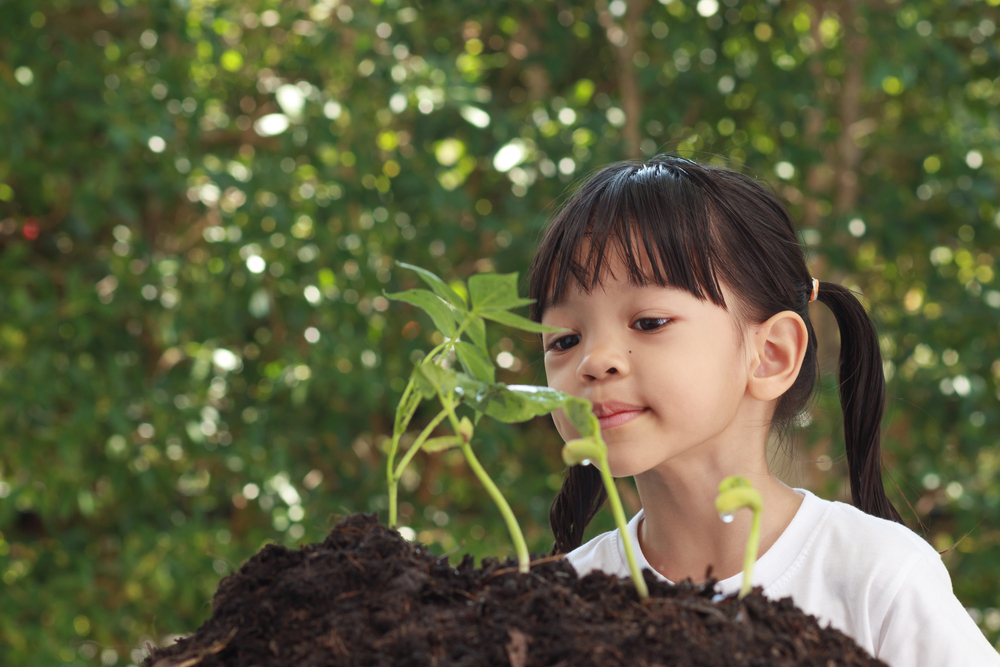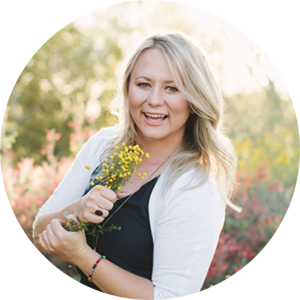
Understanding barriers urban residents face to growing their own food
Terra Rose Ganem, Brilliant Planet
"Resilience demands an interconnected community to find solutions during times of crisis in order to adapt, stabilize, and rise together."
- Terra Rose Ganem, KER Fellow 2020
Background
According to the Arizona Food Bank Network, Arizona produces 12% of our nation’s fruits and vegetables — ranking third in the country — but the state is still home to 1 in 6 residents facing hunger and food insecurity. During the coronavirus pandemic, 88% of participants interviewed reported fearing that grocery stores will not be a reliable source for fresh, healthy food in the future. There is plenty of land for local community members to grow their own food, yet many still don’t do it on the scale they say they want to. And there is plenty of food already being grown, produced, and prepared, yet people still go hungry.
Research questions
-
What real and imagined barriers exist that prevent individuals with the financial means and interest in successfully growing healthy food from commiting to the long term practice?
-
What sparks someone's desire to learn about growing their own food in the first place?
-
Are there ways to influence the probability of long term success by implementing specific, emotionally connecting experiences in the beginning of and during their journey?
-
Once they learn, feel connected, and make growing healthy food a lifestyle, are they willing to reach out to food-insecure communities and support them in getting started?
Methods and findings
Ganem wanted to understand the psychological, physical, and emotional barriers that urban residents face to adopt a lifestyle of growing their own food. She intended to discover how to provide more effective education, resources, experiences, and engaging communities to encourage, motivate, and guide urban residents along their journey of food sovereignty. Through understanding how people with means perceive growing in Arizona, Ganem anticipated a gateway into understanding how to better create a community-wide ecosystem — teaching, providing resources, and offering a community to those with the financial means to grow more of their own food and then empowering them to serve as food-growing mentors for people experiencing hunger.
She administered a survey to local residents on the frustrations and barriers they face in growing their own food. In doing so, she hoped to uncover the way people learn best, what kind of support they need most, what causes them to take repeated action over the long term, and whether a lack of connected community played a role in people’s behavior. Ganem also asked survey participants if they belonged to a community offering emotional, mental, and physical support for a food-growing lifestyle, whether they be willing to join a team that provides food-growing support in lower income communities.
One crucial finding from this study was that several participants reported frustration with inconsistent yields, especially when they were unexpectedly large. Not knowing how to preserve this surplus or where to distribute it, they had to throw much away. Ganem also took note of the fact that participants reported behaviors did not always match their stated values. The most commonly reported barriers to sustained growing were low yields, failing gardens, and a lack of trustworthy knowledge. Many reported wanting personalized guidance when planning a garden, on-demand virtual support to help them troubleshoot problems, and more readily available educational resources.
Partners
-
Janis Norton and Greg Peterson, The Urban Farm
-
Girl Garden Society, Brilliant Planet
Impact
Ganem’s results will inform the programming of her nonprofit Brilliant Planet to ensure that it is offering experiences that meet the needs of those who desire to grow and have the means to do so. It will also allow them to connect previously disconnected communities across socioeconomic borders to create more support, resources, and experiences for both parties. Her work may also help city governments, urban garden teachers and others to better understand and reach their intended target audience. With a better understanding of what people need to become lifelong growers, these actors can better tailor their educational materials and approaches.
While her project only addressed one aspect of the overall Arizona food landscape, it offers a glimpse into a population that may often be overlooked in food security interventions. In her survey, 100% of participants said that “being involved with, and giving back to, their community” was highly important to them. This could make them key advocates for food security as they become more educated about growing their own food and how they can contribute to those who are food insecure.
According to Ganem, resilience is largely dependent on our connectedness, including our connectedness to each other and the place in which we reside. It demands an interconnected community to find solutions during times of crisis in order to adapt, stabilize and rise together.
Deliverables
Ganem will provide a comprehensive report and actionable plan complete with identified barriers by the numbers, psychological tools that motivate change and increase engagement in classes and lectures, suggestions on processes and strategies to lower perceived and real barriers, and community engagement strategies.
Terra Rose Ganem
Founder & Executive Director
Brilliant Planet
Community Fellow, 2020
National speaker, bio-energetic practitioner and quantum brilliance lifestyle visionary, Terra Rose Ganem utilizes high frequency energy, activated nutrition and earth reconnection to support clients worldwide in activating and living their true potential.
Through her private practice, immersion retreats, nonprofit community events and speaking engagements, she connects the relationships between our internal and external environments to elevate and optimize living through consciousness and embodiment of inner power – resulting in living the best life ever!
Terra shares applicable tools that merge ancient wisdom and modern technology, which allow people to quickly, with ease and grace, break through the old and create the future they want. She is known as the “one you must go see,” by many of her clients.
She also leads a nonprofit organization called Brilliant Planet, dedicated to seeding and sowing biodynamic eco destinations that share the magic of growing organic food and the power of connecting to community.
